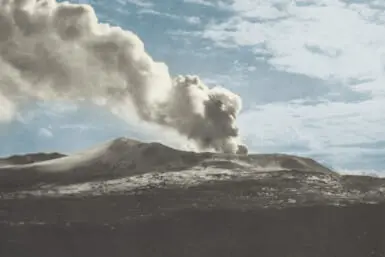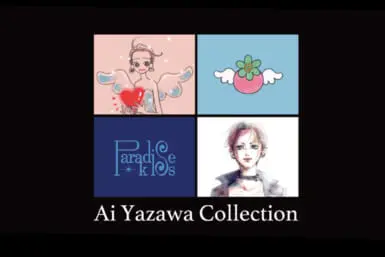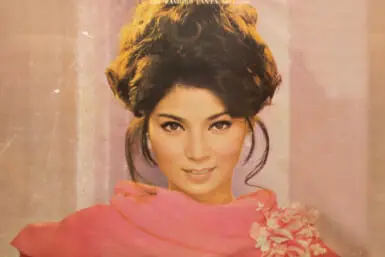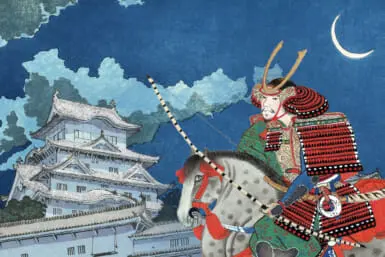As I sit down with Peter Barakan in an artsy Roppongi café, a barristo mentions that the DJ’s set was his hands-down favorite at last summer’s Fuji Rock festival. Later, Barakan is greeted by another passerby: an impeccably styled man who previously worked with him via the fashion industry. Clearly, the British broadcaster is a recognizable talent. Don’t assume that the fame has gone to his head, however, as he is profoundly down-to-earth and unpretentious.
The acclaim is well-earned. The native Londoner, a 45-year resident of Japan, moderates TV programs in both Japanese and English, and hosts radio programs and writes books exclusively in Japanese. His deep knowledge across numerous musical genres, combined with his edgy sociopolitical commentary, has earned him a solidly expanding cult following.
Your delivery is consistently flawless and natural sounding, both in English and Japanese. How do you do it?
Remember, I’ve been doing this for nearly 40 years! At first I wrote scripts, and gradually moved to bullet points. Eventually, I didn’t bother with those anymore, although I probably still should. On the rare occasions when I listen to my own shows, I can hear flaws. I’m not a great fan of listening to myself.
“When I started doing the Japanese broadcast of US news program 60 Minutes in 1988, it was absolute hell”
You speak, write and presumably read Japanese at near-native fluency. What’s your secret?
Being able to read kanji has always been absolutely crucial for my work, and I also learned a lot by listening to conversations and television. When I started doing the Japanese broadcast of US news program 60 Minutes in 1988, it was absolute hell. I had to learn specialized Japanese vocabulary and make educated comments about social issues quickly. The quality of my Japanese increased exponentially, though, and being able to express myself succinctly also served me in other situations. In retrospect, I am truly thankful to the show’s producer.
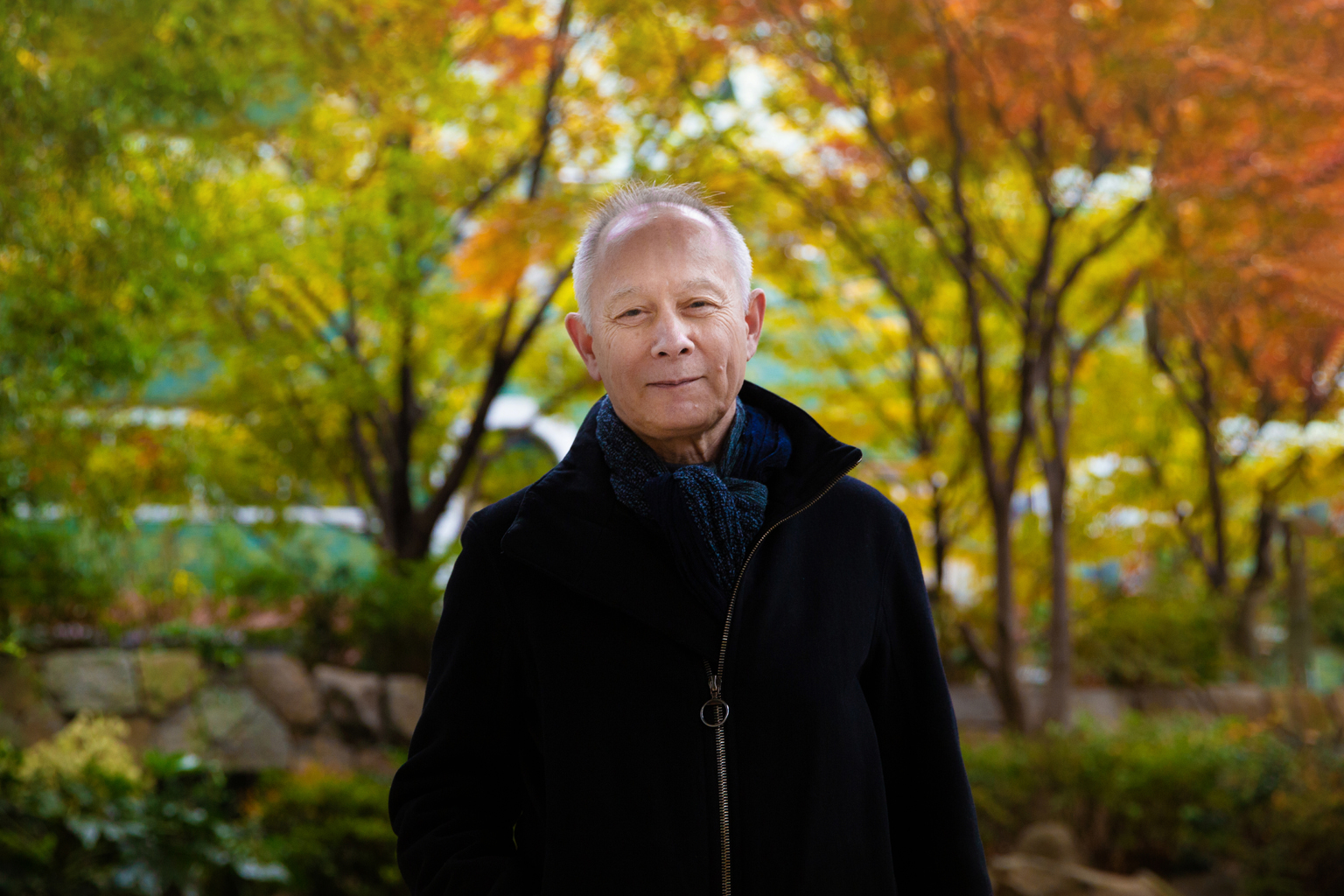
Photo by Solveig Boergen
How does your own Anglo-Burmese-Polish background influence your life, if at all?
I’ve never had a sense of identity based on nationality. Culturally, I grew up as a Londoner, but I’ve never felt British. As a kid I looked very Asian, but at some point I guess I had a DNA switch, and now I apparently look Slavic. I’ve even been told I resemble Vladimir Putin! In any case, I really identify with the worldview of Pico Iyer, an interesting British-born writer of Indian descent living in Nara, who has an essay collection titled The Global Soul.
You feature some truly amazing artists; I loved your recent interview with Japanese group Minyou Crusaders about their tour to Colombia and collaboration with local cumbia bands. Music is such a potent force for inspiration and healing: How do we encourage more of this?
Music can absolutely transport people elsewhere, and I try to include numerous genres, styles and regions. On my daily Inter-FM morning radio show, I played some fairly abstruse things. Young people here only seem to consume Japanese music, movies, books and culture. It’s become very insular, although I guess that’s also true elsewhere. The kind of radio I’m doing would be niche anywhere, but if you reach a few influencers, there’s unlimited opportunity to connect with people via the internet.
True. I wonder if there is anything you miss about so-called analog culture, though?
The internet is indispensable; I use it constantly. With Spotify, you can instantly access any music that’s out there. But the downside is that it doesn’t feel as precious. Whether it’s music, books or information, it’s all there, anytime you want it. In the analog age, you could easily spend a whole day looking for a record. Not that I want to repeat that experience, but you’d get to know all its nooks and crannies, so the music stays with you for a lifetime. Nowadays, we hear something and say, oh that’s cool, and move on.
Social media is a valuable tool for breaking news, but I’m really ambivalent about it. Once I said something critical of (all-girl idol pop group) Babymetal on live TV. The band is very manufactured; I can just see a bunch of guys sitting around planning everything. Anyway, the comment was immediately tweeted and retweeted, and I was in the center of a shitstorm for three days. This really taught me to think twice before speaking, which I suppose was a good lesson. But I basically stopped using Twitter, except during my live Sunday evening radio show.
Your programs really are the antithesis to this phenomenon. I loved your recent interview with (South African pianist) Abdullah Ibrahim, where you delved into all sorts of deep topics.
Absolutely. If you have someone who’s willing to give you their time, it’s nice to let
them talk about something that’s meaningful to them. I love it, and so do listeners.
You’ve been really outspoken about numerous social issues over the years, including your opposition to militarism and nuclear power. Do you feel that you touch a nerve in people?
In a way, I guess I’m preaching to the converted. If I overtly protest nuclear power, those who agree feel reassured, while the pro-nuke crowd sends admonishing e-mails. I just feel that somebody has to mention these issues, since the mainstream media isn’t. After the 3-11 disaster, TEPCO became a kind of black sheep, and quite rightly so. But now they are doing ads again, and nobody says anything against you when you’re doing ads. In his documentary Manufacturing Consent, [US academic] Noam Chomsky describes how the media relate to advertisers. Even the New York Times, supposedly the most liberal US newspaper, won’t say anything to offend its sponsors.
“One night, David Bowie came out and handed the bartender a cassette tape to play”
You’ve had some fascinating experiences throughout your career. Any anecdotes you’d care to share?
While I was working with YMO [Yellow Magic Orchestra] in the early 1980s, we traveled to the small South Pacific island of Rarotonga to film Merry Christmas Mr. Lawrence, where my main job was to take care of Ryuichi Sakamoto. There was only one hotel on the island, and everyone congregated at the poolside bar in the evenings. One night, David Bowie came out and handed the bartender a cassette tape to play. It included a song from The Coasters, which had actually been my first exposure to black music as a child. I thought it was really interesting that Bowie was also a fan of that kind of music, as it didn’t really fit the image he projects. In any case, he was a really approachable, easygoing guy.
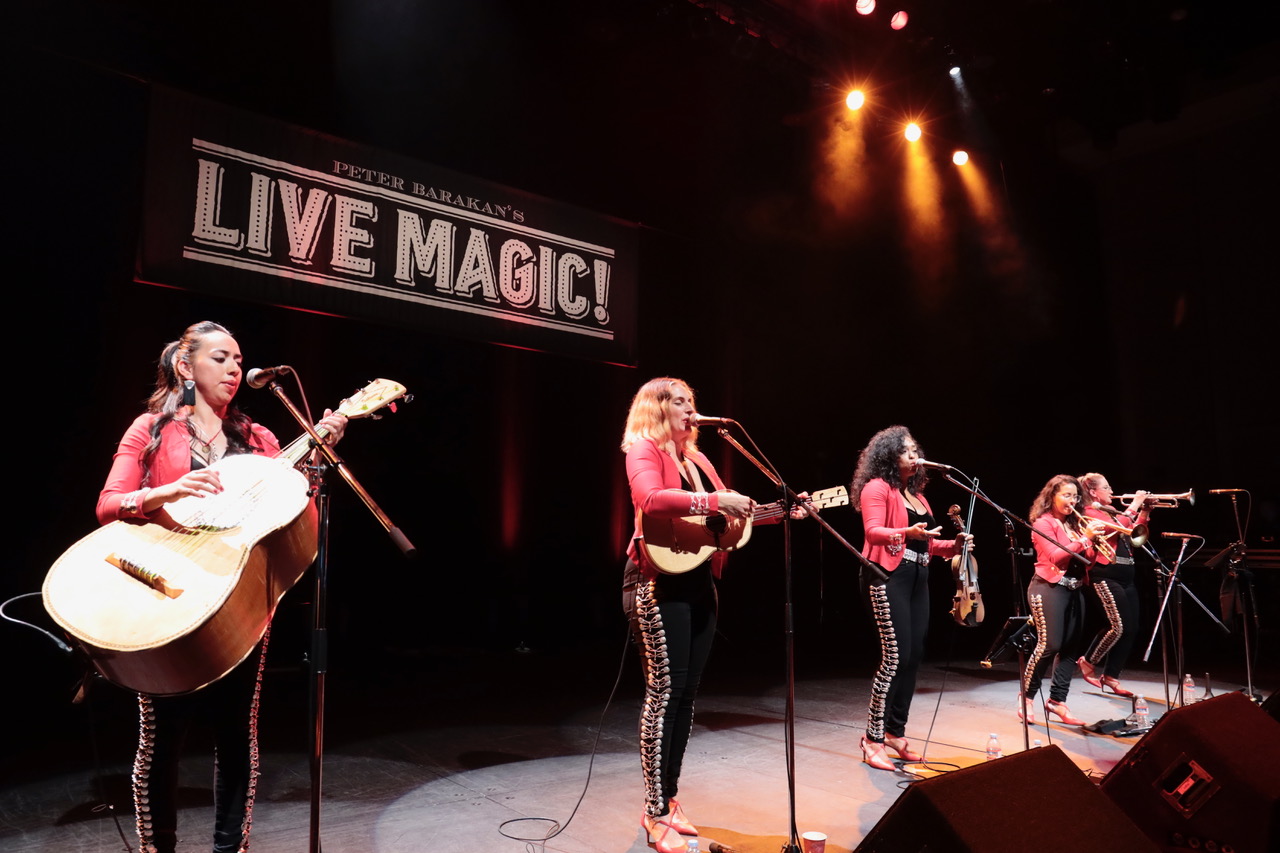
Flor de Toloache. Photo by Moto Uehara
Live Magic, the urban music festival you curate every October in Ebisu, features such talented, innovative performers: all-female NYC mariachi band Flor de Toloache, and the Amamiaynu ensemble of Japan’s indigenous Ainu and Amami musicians, for starters.
Yes, it’s a small festival, but it draws real music fans who are open to discovering new artists. And me too: I only heard Flor de Toloache two to three months before the festival, and invited them immediately. There is a core crowd of around 200 people who buy tickets every year no matter what, but unknown bands are generally a hard sell.
I’ve heard you’d like to start your own internet radio station?
I’d love to have an internet radio station. Technically it’s possible, but the legal infrastructure in Japan is difficult, as is finding investors or sponsors. Just after my daily morning radio show ended, I started getting numerous requests for DJ gigs. Listening to music collectively makes the experience more powerful. Listeners get something out of it, and so do I. Music turns people on, and creates good vibes. What more could you ask for?
Keep up with Peter Barakan at peterbarakan.net
Top photo by Hiroki Nishioka


